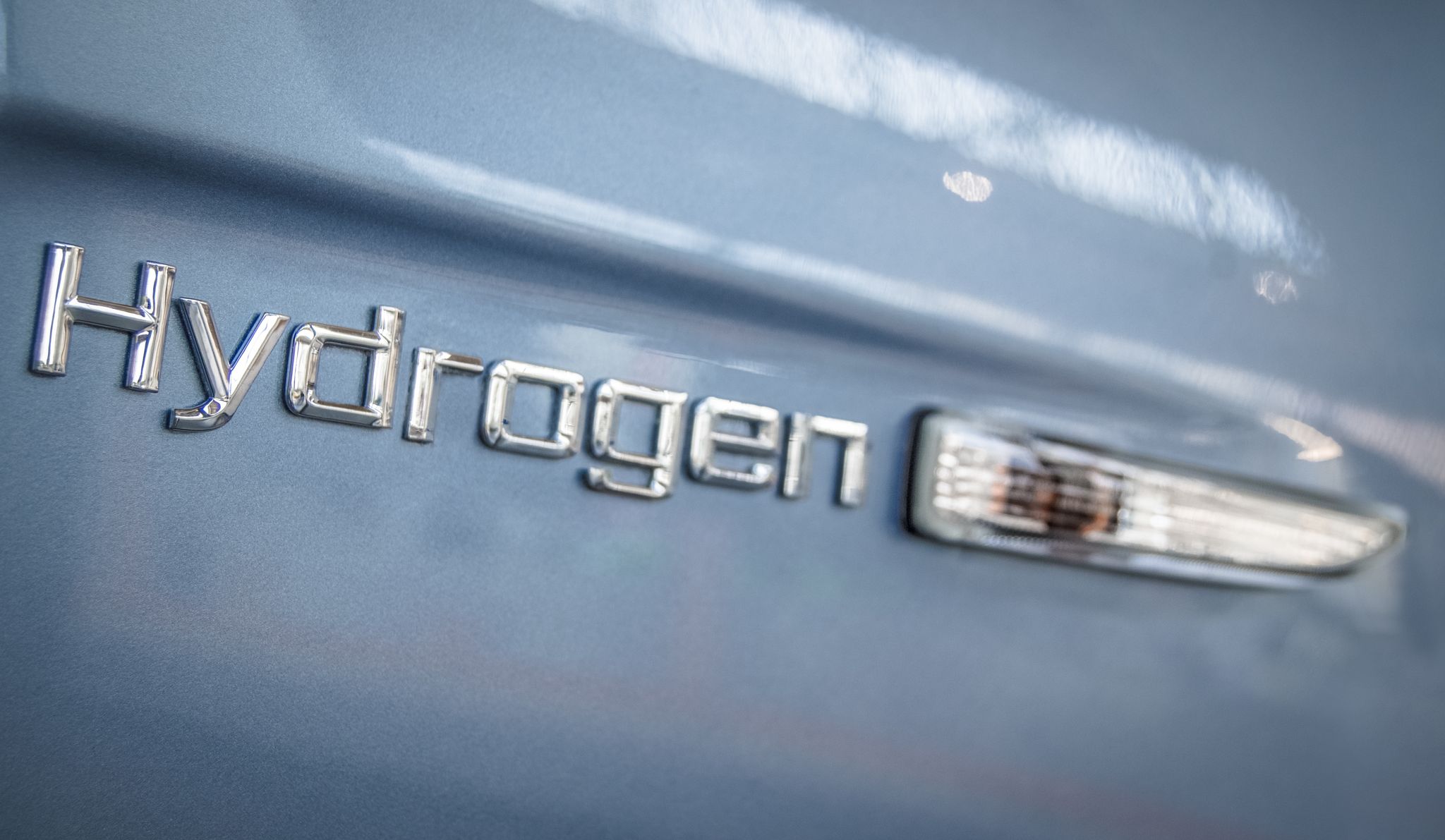Fuel Cell Studies

For further information and pricing, please get in touch with us.
Fuel cell studies represent a key frontier in the development of sustainable energies and advanced energy storage devices.
They are envisaged as a potential successor for conventional batteries due to their theoretically superior long-term performance.
Related Products
Unlike a battery, which runs down over time and needs recharging, fuel cells consistently produce electricity as long as a fuel is supplied. Consequently, they also generate heat.
Hiden Analytical is a leading supplier of advanced mass spectrometers for solid oxide fuel cell studies. We provide a suite of solutions aimed at following gas compositions for fast acquisition of temperature-dependent reaction dynamics – data which can ultimately be used as a measure of electrocatalytic efficiency.
Optimizing Fuel Cells through Mass Spectrometry
Solid oxide fuel cells, or SOFCs, produce electricity by sandwiching a dense ceramic electrolyte like yttria-stabilized zirconia (YSZ) between an anode and a cathode. Fuel is fed to the anode where it is catalytically divided into protons and electrons. The latter migrate through an internal circuit to the cathode, producing a flow of electricity. Some fuel cell studies attempt to utilise the heat given off by this exothermic electrochemical reaction. Others aim to mitigate operating temperature to improve both efficiency and safety.
The HPR-20 is a specialist gas analysis system engineered for advanced fuel cell research and development. It is a high precision mass spectrometer designed to monitor evolved gases and vapours, with a read-in thermocouple capable of incorporating temperature into the data display. This is ideal for fuel cell studies aimed at increasing exothermic performance. If you would like to learn more, contact a member of the team today.
Mass Spectrometers for Electrochemistry Applications
Sampling Inlets for Hiden Mass Spectrometers: Gas, Vapour and Liquid Sampling Systems
Integration of BioLogic Potentiostat with Hiden HPR-40 DEMS Mass Spectrometer
Summary of DEMS Cells and Sampling Interfaces for Electrochemistry Applications – TI-20022.2

